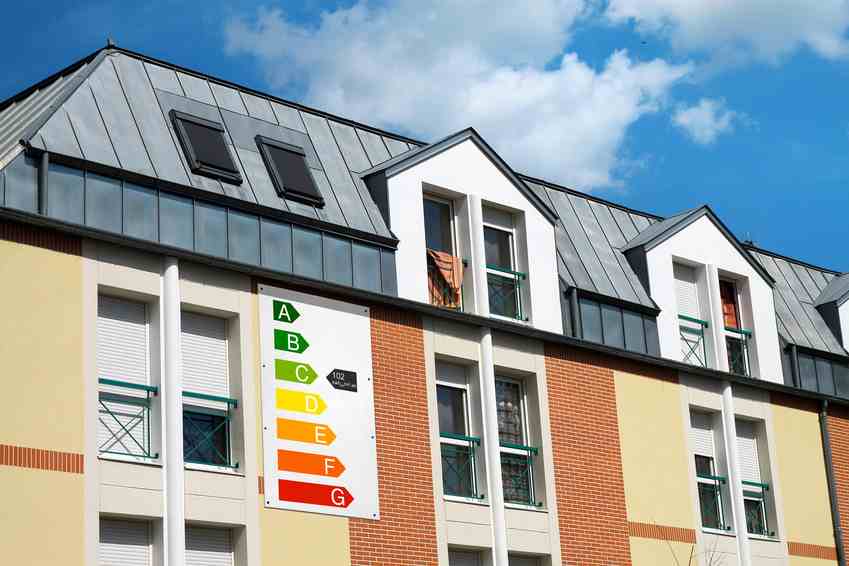£10 Billion Investment Required to Retrofit Energy Inefficient Homes

The UK government will be required to commit £10 billion to achieve energy efficiency targets, the Specialist Interest Group of Municipal Authorities warns.
SIGOMA, one of the largest interest groups within the Local Government Association, have this month urged that significant investment is required to ensure one million of England’s most deprived homes can reach an energy efficiency level of ‘C’ by 2028.
Representing 47 urban authorities and over 14 million constituents in the northern, midland, and south-coast regions of England, SIGOMA strives to ensure that some of the country’s most deprived communities receive adequate investment.
More than half of houses in England are classified as energy inefficient.
An analysis by the group found that 56% of English households, approximately 12.6 million homes, have EPC ratings of ‘D’ or lower.
Furthermore, cities in the north are some of the nations most affected, SIGOMA has calculated.
A staggering 63% of houses in England’s biggest country, Yorkshire, fail to reach a ‘D’ rating. This is closely followed by the West Midlands at 61% and the North West at 59%.
In the South, the figures ‘drop considerably’, at fewer than half of all London houses ‘D’ rated, though the figure in the South East stands at 54%.
A number of policies have been suggested
Now, SIGOMA has proposed several policies for the government to adopt to improve these inefficient EPC ratings, including creating a net zero goal funding pot to aid in local authorities’ efforts to finance net zero projects.
Another suggestion is to provide block funding to combined authorities and other devolved bodies to avoid “expensive and time-consuming bidding processes”.
As well as providing the £10 billion to “further net zero goals and alleviate fuel poverty”, SIGOMA also recommend that the government should increase funding provided through the Air Quality Grant Scheme to assist councils in tackling air pollution.
Stephen Houghton, chair of SIGOMA, said an immediate £10 billion investment would provide retrofitting solutions to 10% of the most deprived homes in England, which would help to improve their energy efficiency, an essential step in reaching the government’s net-zero target.
He said: “The government needs to act quickly if we have any hope of reaching the EPC target, which is now just five years away. Our proposal today sets out a clear strategy that can give our members the tools and support to uplift housing in some of the most deprived areas of the UK and put us on a clear path to achieving our net-zero objectives, while also helping to ease the cost-of-living crisis for the most deprived households and communities.”
Support is already being made available
Various other schemes have been introduced in attempt to tackle energy inefficient homes. In 2017, the National Grid alongside Affordable Warmth Solution established the Warm Homes Fund, which allocated £160 million to support low-income households and improve their energy efficiency.
To date, over 62,500 households have benefitted from the fund, with 66% seeing their EPC rating improved by two ratings or more.
The government also introduced the Social Housing Decarbonisation Fund in 2019, proposing £3.8 billion to be made available over a 10-year period.
The fund specifically targets social housing, enabling providers to use the funding to retrofit an estimated 90,000 homes with an EPC rating of ‘C’ or below.
Wave 2 is currently underway, with funding to be rolled out from April 2023 over a two-year period.

